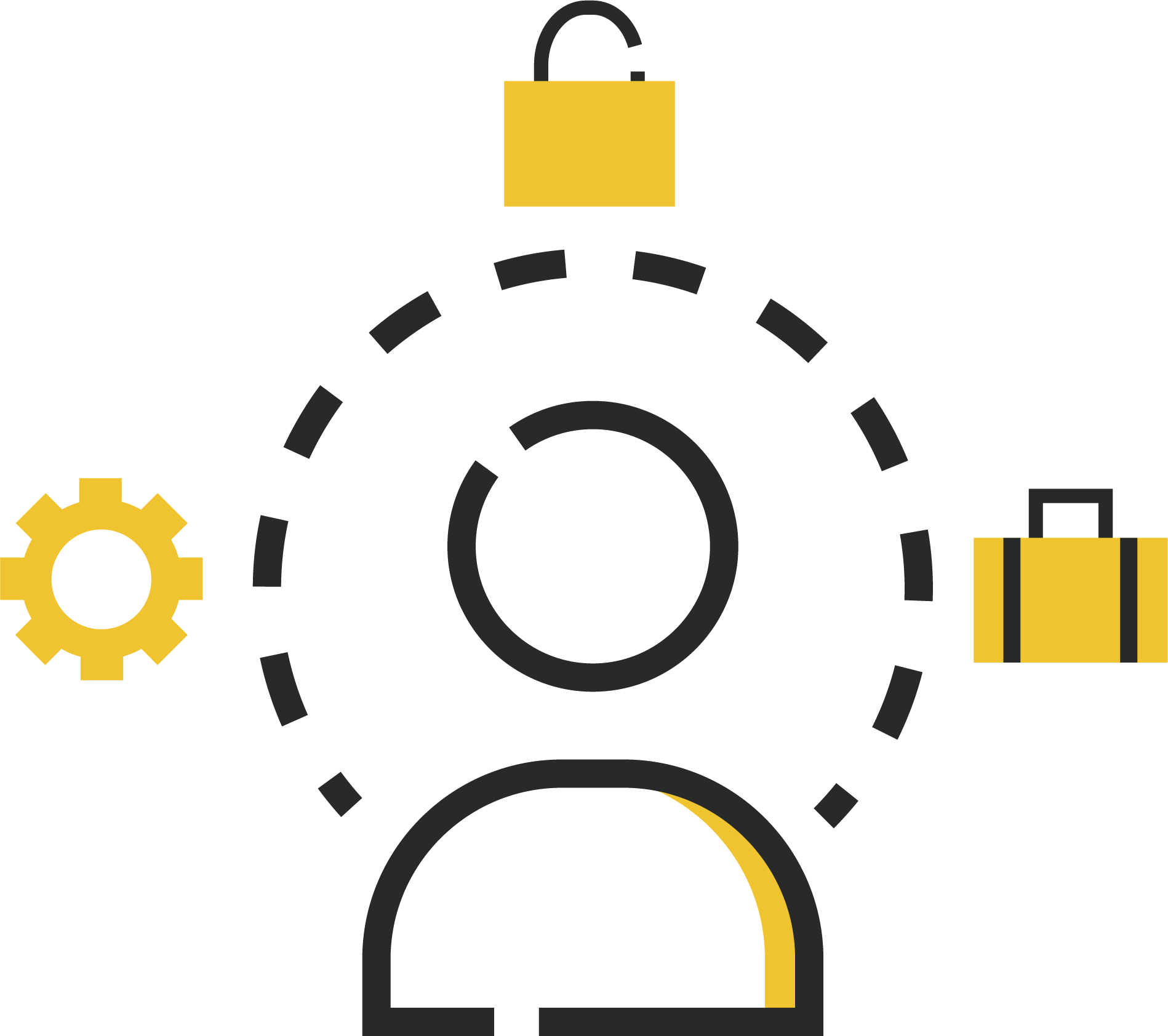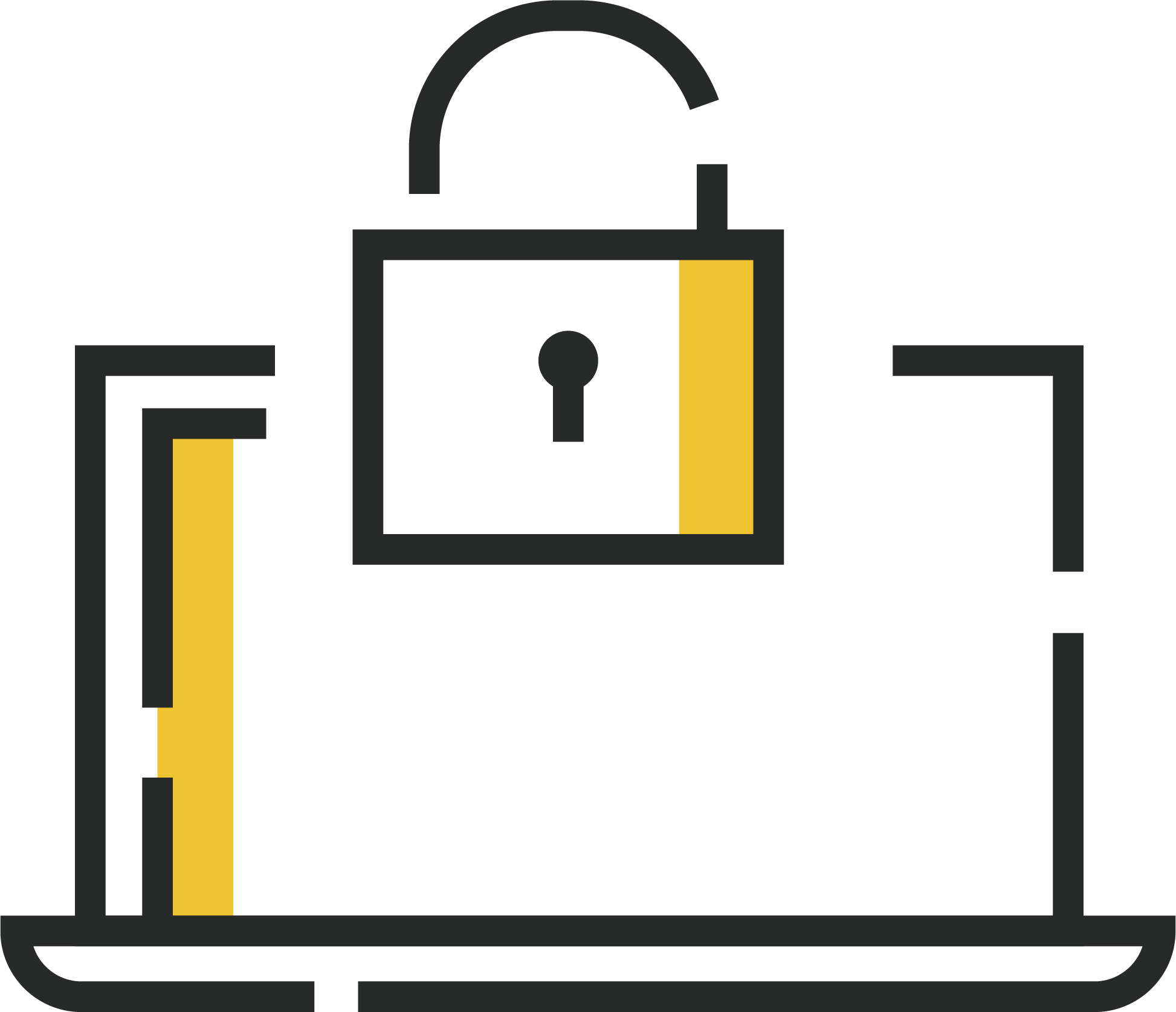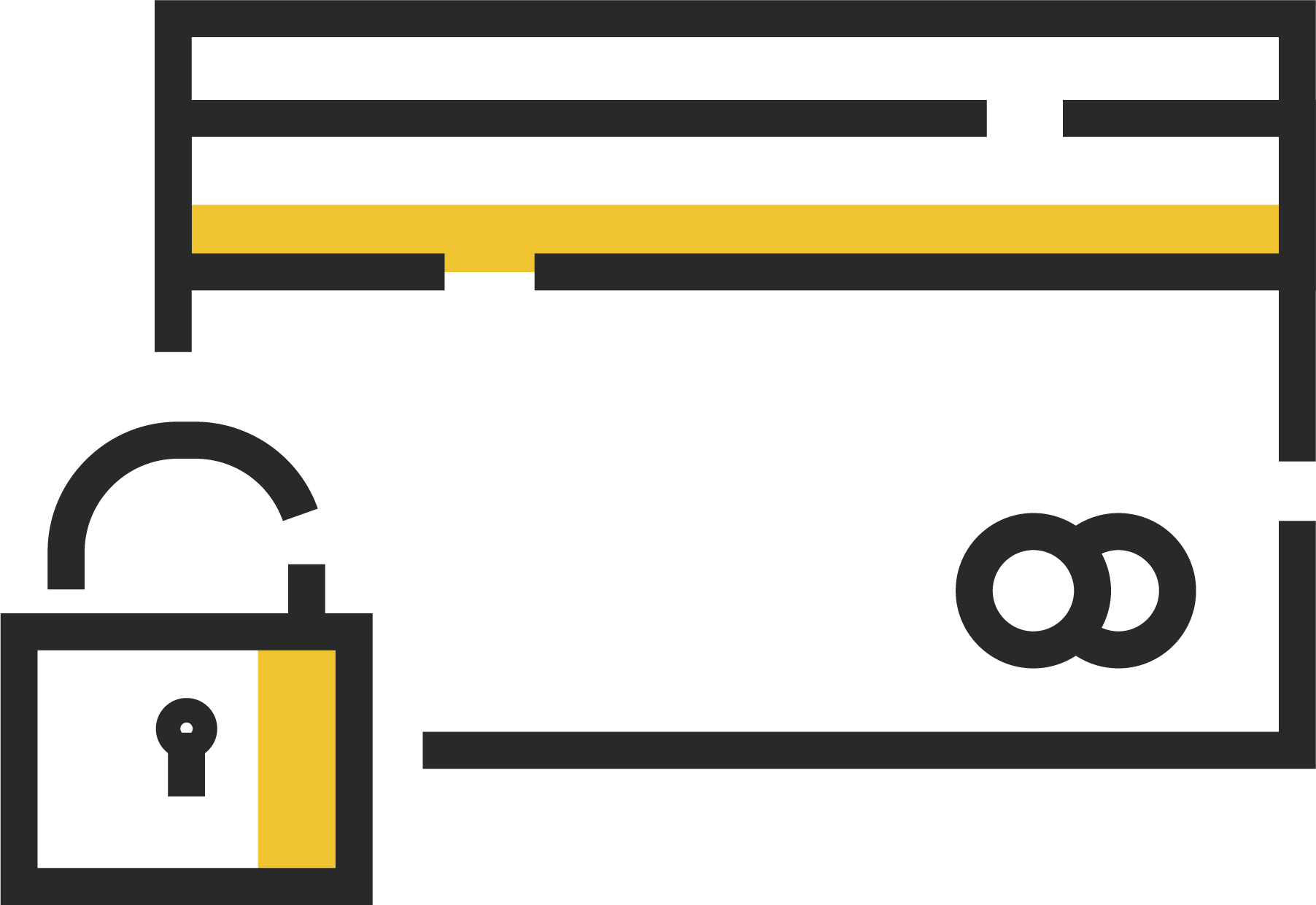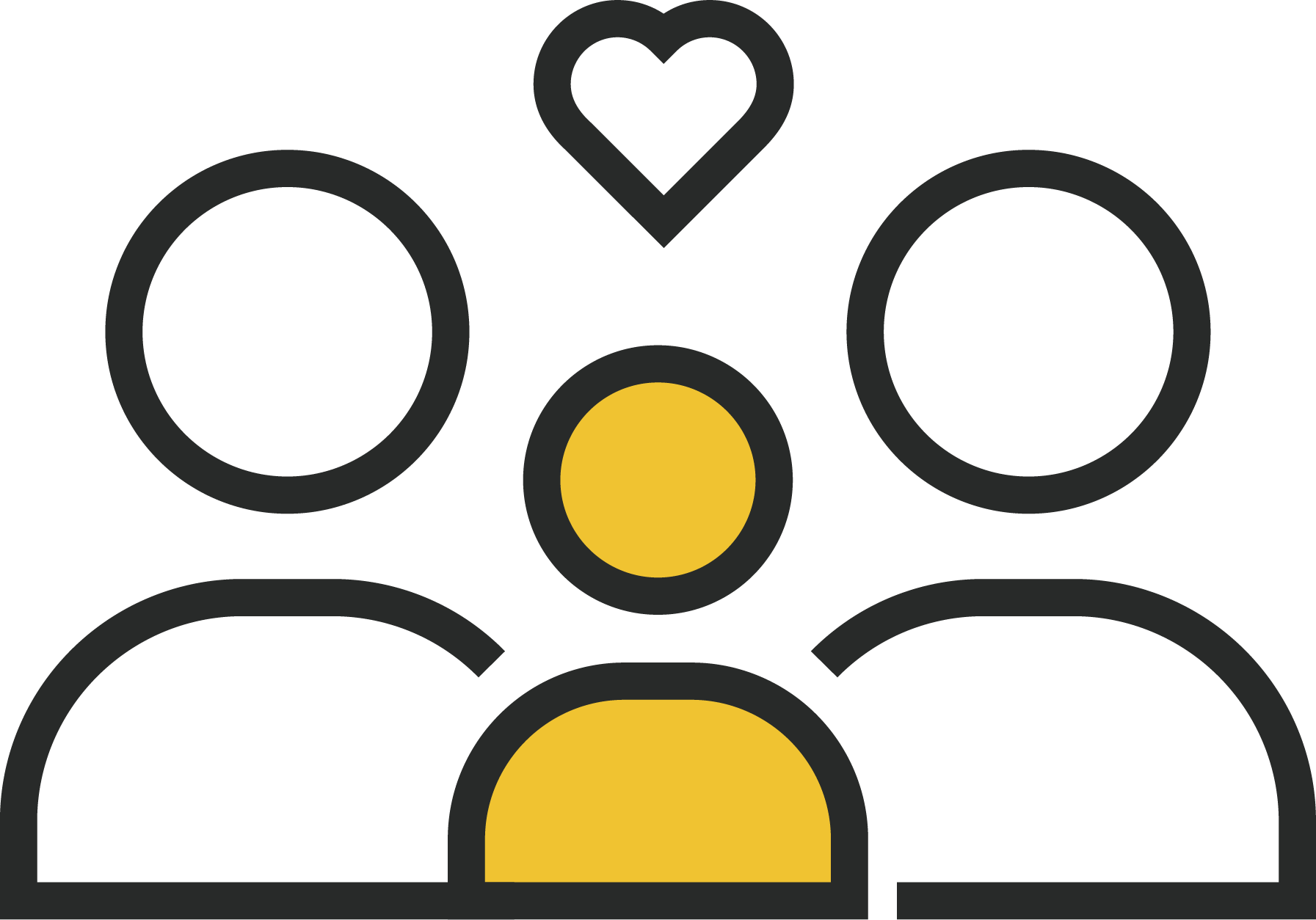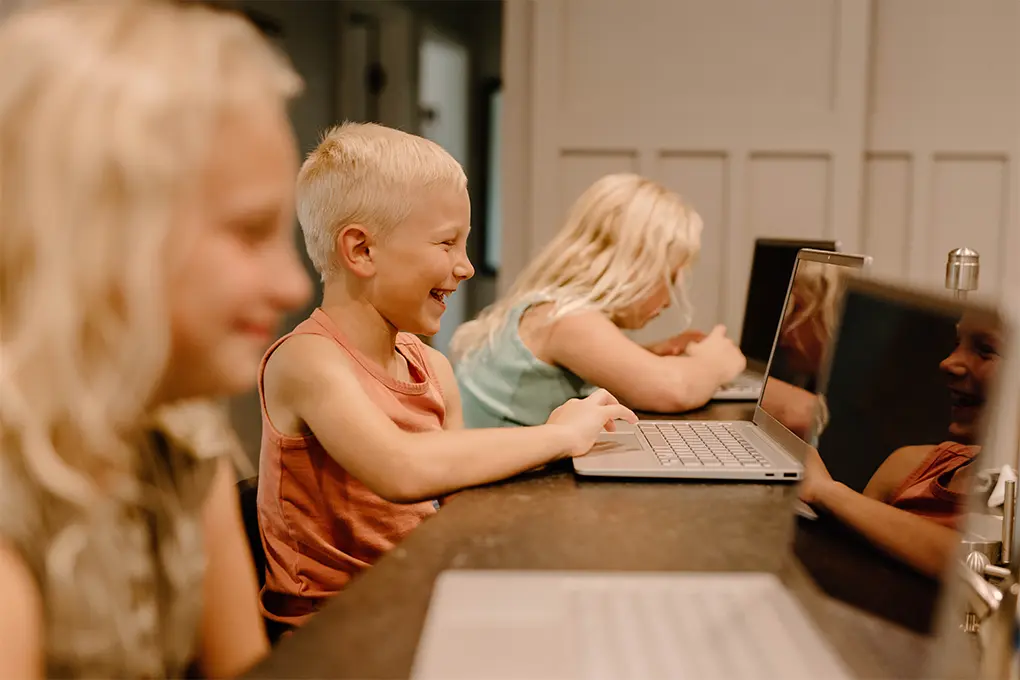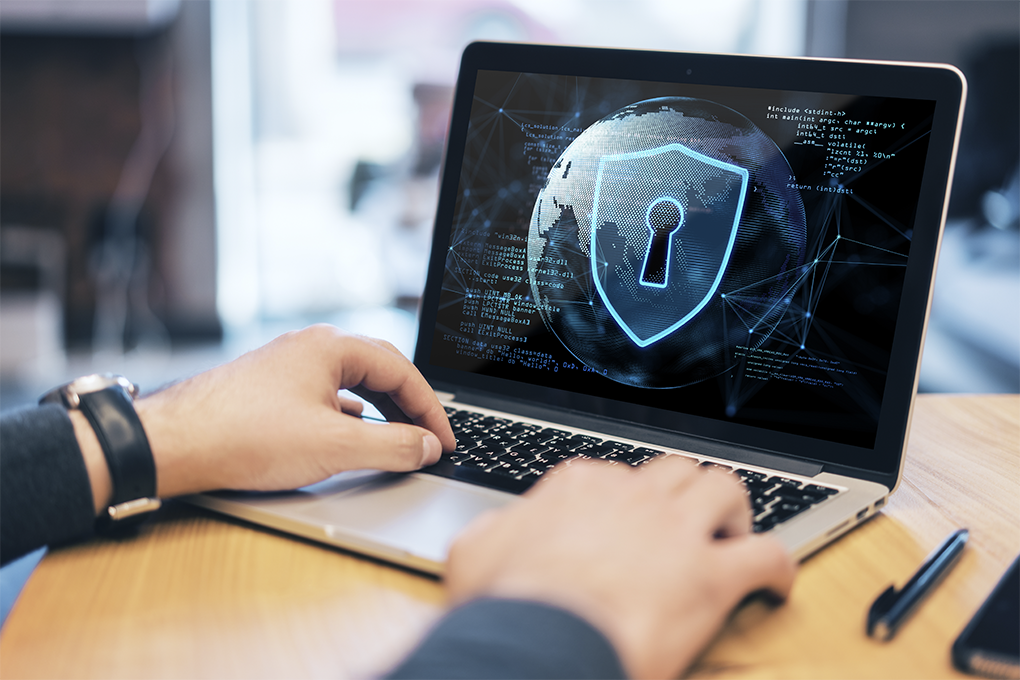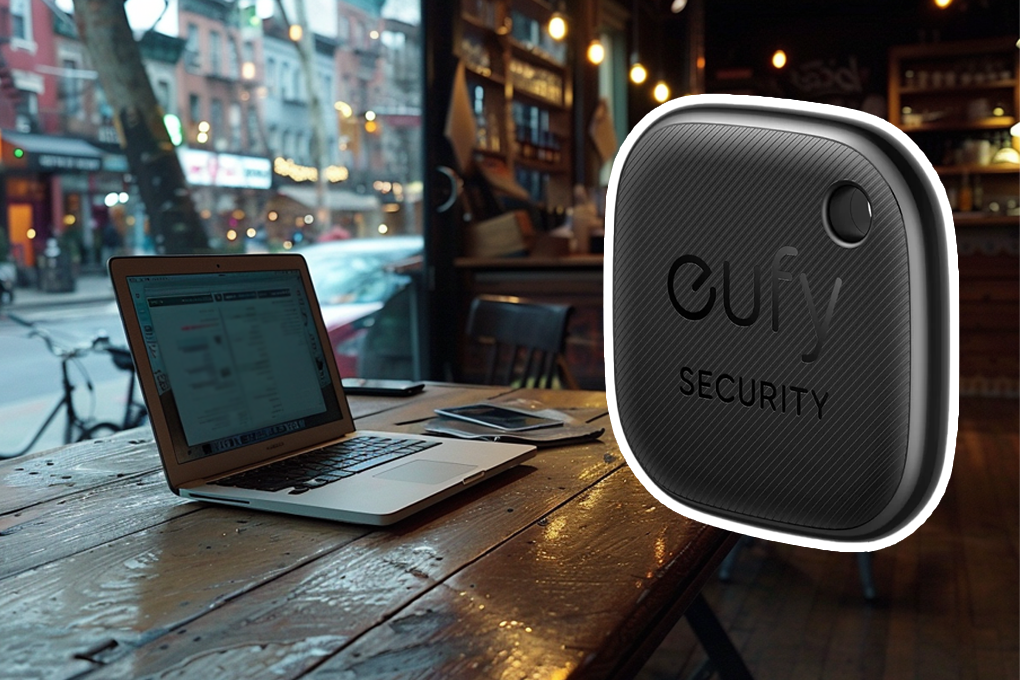Internet safety is important for anyone who accesses the World Wide Web. The Web can be an especially dangerous place for kids and teens; while adults can get fooled by scams just as much as anyone else, kids are especially at risk of malicious schemes and predatory behavior.
Contents
Kids often need the correct help and guidance to remain safe from the dangers of the internet, which can include scams, predators, and cyberbullying, to name a few.
The goal of this guide is to show you some practical ways that you can make the internet a less dangerous place for your child and to ensure that they can safely browse the web without fear.
You will also discover why internet safety is so important for all internet users, but especially for younger kids who are more at risk.
Key Takeaways
- Kids are spending more and more time on the internet each day, which makes them especially susceptible to the dangers of the internet.
- Kids can also be especially vulnerable to issues like cyberbullying, scams, and predatory behavior.
- Children and teens must understand how vital it is to never give personal information to strangers
- With social media being especially popular with kids, it’s more important than ever that they know how to use these sites safely.
- There are various settings and programs that can be used to make your kid’s browsing experience so much safer, and we will go over some of the best ones.
Understanding The Digital Landscape
The Internet and Its Influence on Kids
For anyone around the age of 25 and over, the prospect of having the internet be such a large part of one’s childhood may seem a bit hard to grasp. However, as the internet has dominated our lives, it’s understandable that most kids today would probably barely be able to fathom the idea of not having it at all.
Kids today use the internet for everything, from watching their favorite internet creators, playing games with friends, connecting on social media, and anything else you can think of. Of course, this access has its many benefits, such as connecting people like never before.
Sadly, it also creates other issues that kids have to be wary of, as they are likely to spend much of their time online in some way, shape, or form.
It may seem impossible to protect your kids completely, but we have previously looked at ways that it can be feasible to make the web much safer for your children.
Common Online Threats For Kids
If not used properly, the internet can be dangerous for people of any age, but kids can be a lot more susceptible to online threats. Kids are often more trusting and less savvy about the threats the internet can contain, so they are often more vulnerable to these threats.
Scamming is a big problem online, and kids can very easily be the victim of scams that can result in security breaches or their parent’s bank accounts getting drained. As awful as it is to acknowledge, there are also some deranged predators online that prey on children, and this is a huge concern.
These predators may have accounts on popular online games like Fortnite, for example, and then strike up conversations with unsuspecting kids. It can also be easy for children and teens to become victims of malware, viruses, and other malicious software.
It may seem like it’s hopeless and that you’re better off keeping your child off the internet entirely, but there are ways you can protect them from this barrage of threats. We will go over some common practices and talking points you can use to help protect your kids in the next section.
Internet safety for kids is a paramount concern in today’s digital age. Educating children on the dangers of the internet and setting up parental controls are essential steps in creating a safe online environment. Cybersecurity tools offer parents chance to find peace of mind, knowing they have measures in place to protect their children from online threats.
– Kurt Sanger Cybersecurity Expert
Essential Safety Rules For Kids
Personal Information and Privacy
Identity theft is a huge problem online, and it’s another issue that anyone can fall victim to. It’s really important for kids to understand how careful they need to be, and this is a talk that’s good to have before granting them access.
In past generations, the phrase ‘don’t talk to strangers’ has been a common one, and the sentiment is similar online. Kids need to be taught not to give any information to strangers online, no matter how friendly they may seem.
Sharing even basic information online can give scammers or predators the information they need to track down their victims or use the information for identity theft purposes. It’s a good idea to frequently remind your child to never give private information to strangers online.
The Dangers Of Strangers Online
When thinking of leaving kids unsupervised on the internet, you can think of it as leaving your child home alone while you’re away on vacation. If you do go on vacation, you will usually have a babysitter or a trusted family member watching over your kids and making sure they can’t be hurt or victimized.
It’s the same idea online, for if you just leave a kid to their own devices with no safety protocols active then it’s like leaving them at home alone with the door wide open. You certainly wouldn’t do that at home, and you shouldn’t do so online either.
You may think, ‘What’s the worst that can happen, they’re safe behind a screen?’ but this could not be further from the truth. There are many dangers that children face online that we will go over in the next section, but these can range from psychological to even physical threats in some cases.
If kids fall victim to these threats, the consequences could be quite varied. It could result in various kinds of abuse and theft, but can also lead to psychological issues. Self-esteem issues, depression, and even suicide attempts in extreme cases can be the end result of internet abuse, so it’s definitely something you will want to educate and coach your kids on.
Safe Social Media Practices
Often, the best defense can be to build good and safe habits. We’ve already touched on educating your kids about never giving out personal information, but it’s well worth reinforcing. You should also be teaching your kids about only accessing safe and approved websites.
You should also have frequent talks with your kids about not taking negative comments on social media to heart and to also treat fellow internet users with respect and kindness. While many kids won’t want their parents monitoring their every move on social media, it can also be a good idea to keep an eye on their browsing habits and see what sites they’re accessing.
You may have approved certain popular sites like TikTok or YouTube, but these sites often have parental controls that you may wish to make use of.
In the past, we have looked at 7 ways you can control your child’s social media access, so that is well worth a read for some more information.
Age-Appropriate Internet Safety Tips
Internet Safety for Young Kids (5-8 years)
When the internet first started becoming popular, it may have seemed inconceivable to think that young kids aged 5-8 would be making frequent use of the web, but this has changed in recent years. Kids will likely be exposed to the internet very early on, as YouTube and other sites have all but replaced traditional TV that people 25 and over may have been used to.
Kids in this age group should definitely be monitored a bit more closely when using the internet. At this age, they may not grasp the concepts or severity of any warnings, and they will be a lot more trusting than older kids.
We would recommend using parental settings, approved sites, and also close monitoring. It can be a good idea to set up internet sessions where you’re present while they engage with what they want to engage with. This way, you can keep an eye on things and talk to them if they do encounter anything upsetting.
This instructional video on basic internet safety would be great to watch with your younger kids.
Internet Safety for Preteens (9–12 years)
The age group of 9–12 will likely be the age where kids will start progressing from activities like watching YouTube to more social activities. This could include online games like Fortnite or Roblox where they will be engaging with other live people.
Even with some parental controls on these games aimed at kids, they can still be exposed to unsavory behavior, even from kids around their age. This can result in bullying, harassment, or even just bad habits.
These games can result in kids learning offensive language ideas that could be racist or misogynistic in nature. At this age, we would certainly recommend a level of monitoring as they use the internet. If you notice that your child is upset after an online session or maybe saying horrible words out of the blue, you may want to sit them down and discuss their experiences.
Internet Safety for Teens (13–18 years)
Around the age of 13–18, kids will become teenagers, and this change will naturally result in them wanting a bit more privacy and autonomy. It will become harder to govern what they’re up to at this age, but it’s still possible to have a positive influence over what they’re up to.
Unfortunately, some tech-savvy teens will be able to bypass restrictions and settings, so you need to be especially careful. If you have kids in this age range that are using the internet, we would suggest talking to them about their experiences while educating them as to the dangers they can experience.
It’s important not to make kids of this age feel ashamed for getting exposed to any unsavory material, but instead, they should be educated with empathy, as it is a difficult stage of their lives in general.
Tools and Resources for Internet Safety
Parental Control Software
Having conversations with your kids and educating them is, of course, excellent to practice regularly. However, there are also various tools you can use to further make your kids even safer. In the past, we have covered some of the benefits of using parental control apps and settings.
In that article, we covered Aura Parental Controls. This app allows you to have more control over what your child can access.
We also covered the Qustodio app, which similarly offers various blocks and protocols that can protect your child from harmful content. These are just two examples of apps that can help, but that article is well worth a read if you would like some other options.
We have even looked at 4 more of the best parental control apps if you need some more options to consider.
Safe Search Engines For Kids
Many of the major search engines will have special settings for kids to help keep them safe. For example, Google has the Google Kids Space, which has been engineered with kids in mind to help make them safer.
Sites like Kiddle also allow for safe and secure image, video, and information sources. However, if there is a search engine you typically use, there will almost certainly be some settings you can use to limit harmful information and images that your child can access.
Educating Kids About Internet Safety
Open Communication And Trust
As in many aspects of life, healthy communication can be vital to solving issues and getting through tough scenarios. This is certainly true when it comes to kids and internet safety. When communicating with children about serious issues, it’s important to be kind and avoid being condescending.
It’s also important to not shame kids for anything that happens. Doing so can result in psychological issues that can impact them later in life. If something bad happens to your child on the internet, it’s important to show kindness, discuss how it makes them feel, and walk them through their feelings.
It’s also great to educate them about the dangers of the web and to cultivate some good habits. Too much time on the internet can create a vacuum that isn’t indicative of the real world, so your kids will definitely need your guidance and care.
Teaching Critical Thinking Online
Many of the dangers we have covered in this article have been concerning external sources, but there are also other lessons that you should work through with your kids. On the internet, your child will be exposed to many different ideas and concepts, and they may need help navigating this new world of information.
As we mentioned before, kids can get exposed to all sorts of nasty ideas that are racist or sexist in nature, and it can be very easy for them to get swept up in it. Kids using slurs and other harmful language during online games is a huge problem.
This is another case where care and understanding is so important. For example, you may be around the dinner table and hear a slur coming from your child who learned online. Instead of reacting with anger, it’s best to sit them down and educate them on why it’s bad.
Misinformation is also rife online, and this is something that people of all ages fall victim to. It’s important to educate kids on using reliable sources before believing something, or it can be easy to be influenced.
The rise of AI has also become a hot topic online, and a controversial one at that. Reports of kids using AI for school projects and other work have become increasingly common, so it’s important to educate kids on the dangers this tool can bring as well.
Final Thoughts
This article may make it seem like the internet is a dangerous minefield for your children and better off avoided. However, that is not the message we feel is the one to take away from all this. The internet has many positive aspects as well and has many possibilities.
Throughout this overview, we have seen how important a combination of settings and programs along with care, understanding, and education can be. Each child is different, so you will need to tailor everything we spoke about for your own child.
We feel it’s important to be vigilant, caring, and understanding when it comes to issues of internet safety. It’s not necessarily right to watch your kid’s every move online, but it is important to pay attention and look out for any warning signs.
With the correct care, coaching, and protocols, the Internet can be a rewarding and enriching tool for everyone in your family!
Internet Safety For Kids: Frequently Asked Questions
What Is The Most Important Safety Tip For Kids?
This can vary depending on the scenario, but one of the best tips you can give is to remain vigilant and think very carefully about every online interaction you have on the Internet.
How Can I Monitor my Child’s Internet Activity?
General vigilance around your child’s internet activity is recommended, but you can also use advanced tools like Aura’s parental monitoring.
What Are Some Safe Social Media Platforms For Kids?
Many sites such as YouTube will have a special kids option that will help to protect them, so it’s best to use platforms that have such a feature or are specifically tailored towards kids.
How Can I Teach My Child About Internet Safety?
There are various programs, courses, and other resources you can use, but often the best way to go about it is by having frank discussions that are not condescending or patronizing to help guide your child.
